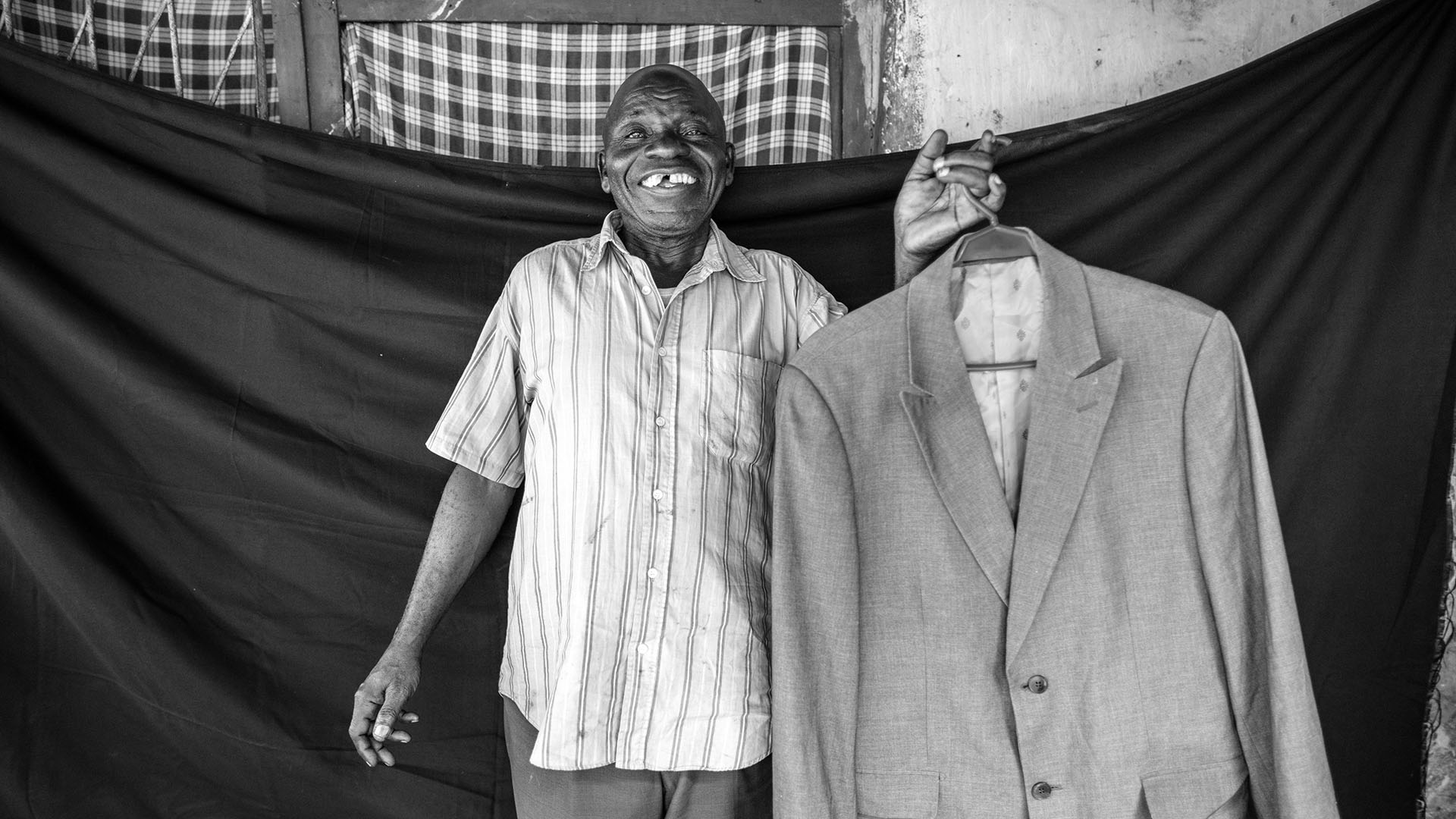West African countries sign agreements on Liberian returns
West African countries sign agreements on Liberian returns

MONROVIA, Liberia, Sept 27 (UNHCR) - Liberia and its neighbouring countries today signed a series of agreements with the UN refugee agency, giving Liberian refugees the right to choose repatriation starting on October 1.
On Monday, the Liberian government and UNHCR signed three separate agreements with the governments of Côte d'Ivoire, Guinea and Sierra Leone to set the main legal and operational framework for the voluntary return of more than 340,000 Liberian refugees scattered around the region. An agreement was also signed with the government of Ghana on September 22 in Accra.
The landmark agreements spell out, among other things, the right of Liberian refugees to freely choose to repatriate as well as details of the repatriation movement, such as immigration procedures.
"It is the government's responsibility to provide a secure and a safe environment to ensure the return of our compatriots in safety and dignity," said Philip Dwuye, Executive Director of the Liberia Refugee Repatriation and Resettlement Commission (LRRRC), at the signing ceremony in Monrovia.
The Liberian government recently declared four out of 15 counties safe for return. Peace has returned gradually to Liberia after 14 years of civil war ended with the departure of former president Charles Taylor in August 2003, the signing of the Comprehensive Peace Accord the same month, and the deployment of UN peacekeeping troops.
"This is going to be the third time we will be organising voluntary repatriation to Liberia after the 1991 and 1997 operations," said Zobida Hassim-Ashagrie, UNHCR Deputy Director of the Africa Bureau, who represented the agency at the ceremony. "Unfortunately at the time, the root causes of the conflict were not solved, causing new outflows of refugees, including up to last year. We hope this time that lasting peace will make repatriation sustainable."
The first convoy of refugees from eastern Sierra Leone is scheduled to leave Gondama and Tobanda camp later this week on a three-day 228-km journey, crossing into western Liberia at Bo Waterside on October 1. From Ghana, a flight of over 100 refugees is due to fly from Accra to Monrovia also on Friday. Convoys from Guinea will start arriving on October 4.
In all, UNHCR expects 100,000 Liberian refugees to return by the end of this year, including spontaneous returnees and those who have made their way home with UNHCR assistance. Already this year some 50,000 Liberians have gone home of their own accord, often using unsafe transport. UNHCR's voluntary repatriation seeks to provide a safe and dignified return for refugees.
Mass information campaigns are now underway to inform Liberian refugees about their home conditions, repatriation and reintegration assistance - information that will allow them to decide for themselves if they want to return.
All Liberian returnees will receive a returnee package comprising food, household items and basic tools to support their reintegration. In addition to ensuring a safe and sustainable return for the refugees, UNHCR has been working closely with the Liberian government and aid agencies on reconstruction and rehabilitation projects to help returnees settle back in their home communities.
The regional role is equally important, stressed representatives of the Guinea, Ivorian and Sierra Leonean governments at Monday's signing ceremony.
Justine Bangura, Executive Director of Sierra Leone's National Commission for Social Action, summed it up: "All governments should be working together to ensure durable solutions in conflict prevention in the sub-region." He also appealed to donors and the humanitarian community to help West Africa's governments in reintegration and rehabilitation programmes for internally displaced people, refugees and ex-combatants.









